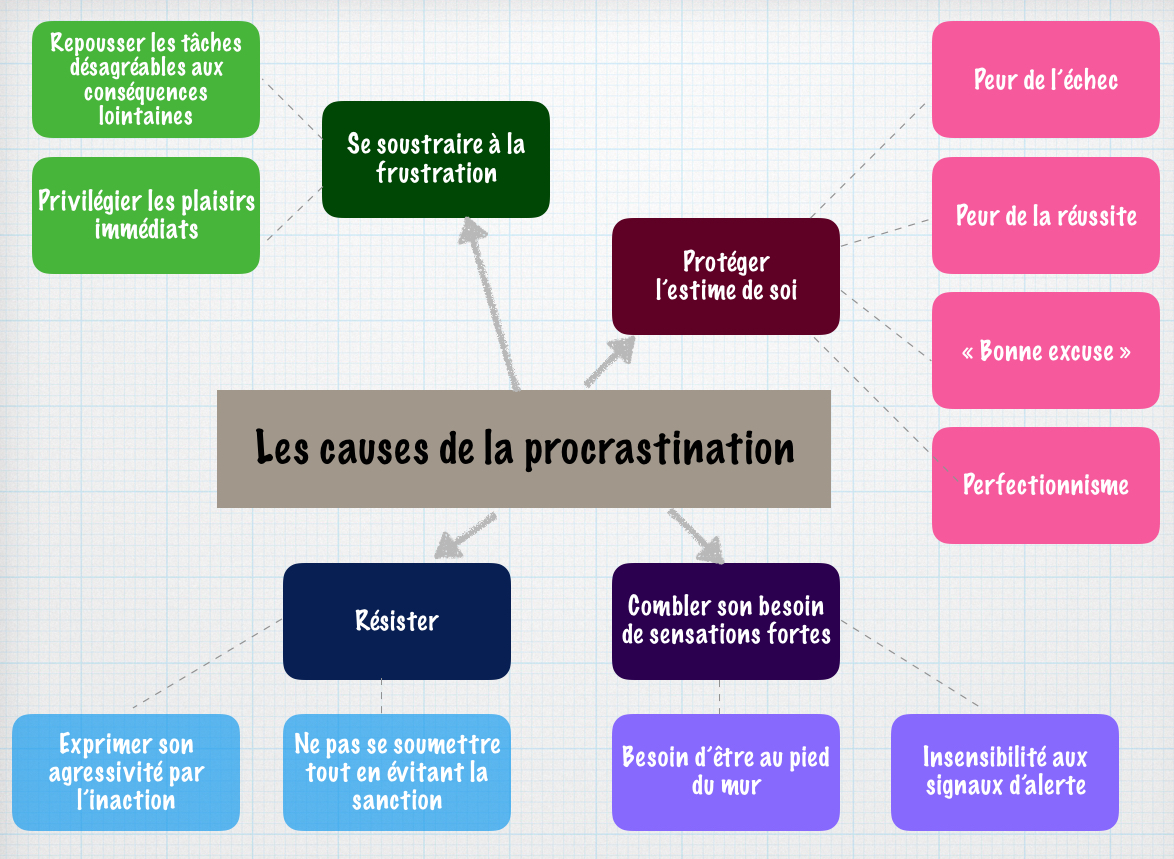How Procrastination, Emotional Dependency, and Impostor Syndrome Impact Your Life
How Procrastination, Emotional Dependency, and Impostor Syndrome Impact Your Life
Blog Article
In the modern age, many individuals struggle with mental and emotional challenges that affect their daily lives. Among these, procrastination, emotional dependency, and impostor syndrome stand out as common issues. But how can we overcome them?
This article, we will dive into the causes and solutions these three challenges. By understanding their impact and learning to manage them effectively, you can build a healthier mindset and achieve your goals.
Understanding Procrastination and Its Impact
Procrastination is the act of delaying tasks even when you are aware of the consequences. It often stems from fear of failure, lack of motivation, or poor time management.

The effects of procrastination, can be far-reaching. Overcoming procrastination requires developing better habits síndrome do impostor como tratar and breaking tasks síndrome do impostor causas into smaller steps. Consider techniques like the Pomodoro Technique or setting realistic deadlines to stay on track.
The Nature of Emotional Dependency
Emotional dependency is a state where a person depends excessively on external relationships to fulfill their emotional needs. While human connection is essential, emotional dependency can become unhealthy when self-esteem is tied solely to others’ approval.

Symptoms often include a fear of rejection, difficulty making decisions independently, and an overwhelming need for reassurance. Breaking free from this pattern, it’s crucial to build self-confidence and cultivate self-reliance. Therapy, mindfulness practices, and journaling can provide significant support.
What is Impostor Syndrome?
Impostor syndrome is the persistent belief where someone feels like a fraud despite evident success. Those affected tend to undermine their abilities rather than skill or effort.

Impostor syndrome often results in anxiety, self-doubt, and hesitation to pursue new opportunities. To overcome impostor syndrome involves challenging self-critical beliefs and acknowledging personal successes. Engaging in supportive discussions and embracing self-compassion can support personal growth.
Steps to Overcome Procrastination, Emotional Dependency, and Impostor Syndrome
To navigate these issues, consider the following strategies:
- Develop structured daily plans and break larger tasks into smaller milestones.
- Recognize triggers that contribute to your emotional reliance and foster personal resilience.
- Practice gratitude to counter impostor syndrome and seek professional guidance if needed.
Consistency is key, so keep practicing these methods to see positive changes.
Conclusion: Taking the First Step
These challenges may seem daunting, but you can overcome them by taking deliberate action. With awareness and consistent effort, you open the door to personal growth.
Start today by acknowledging where you stand and adopting simple, actionable strategies. Always keep in mind: progress is a journey, not a destination.
Report this page